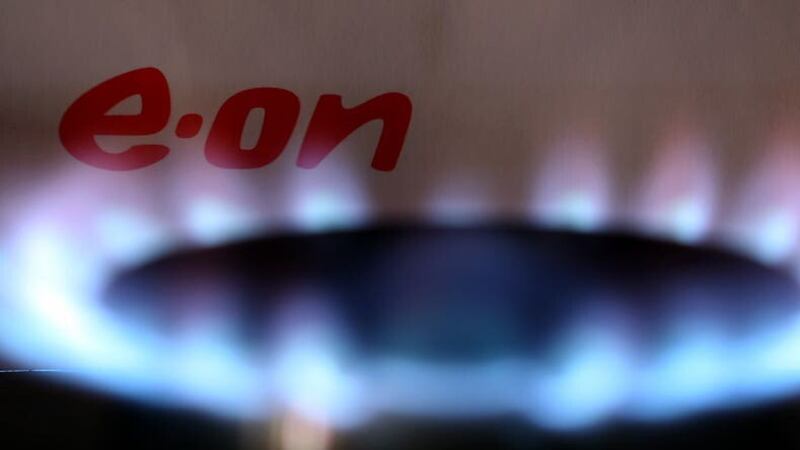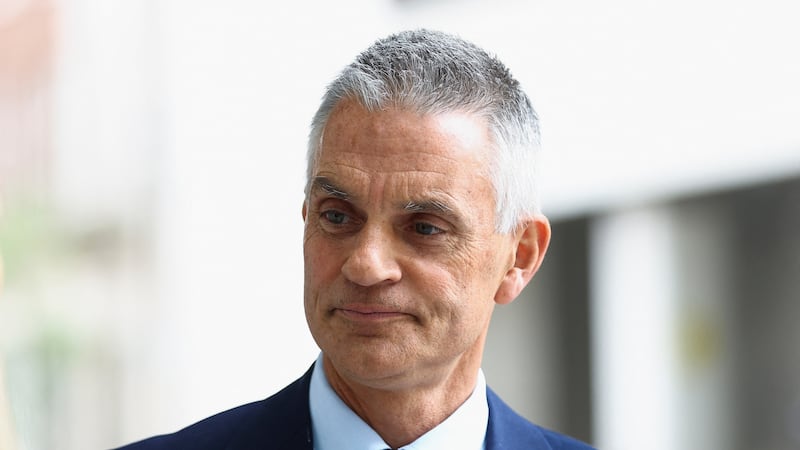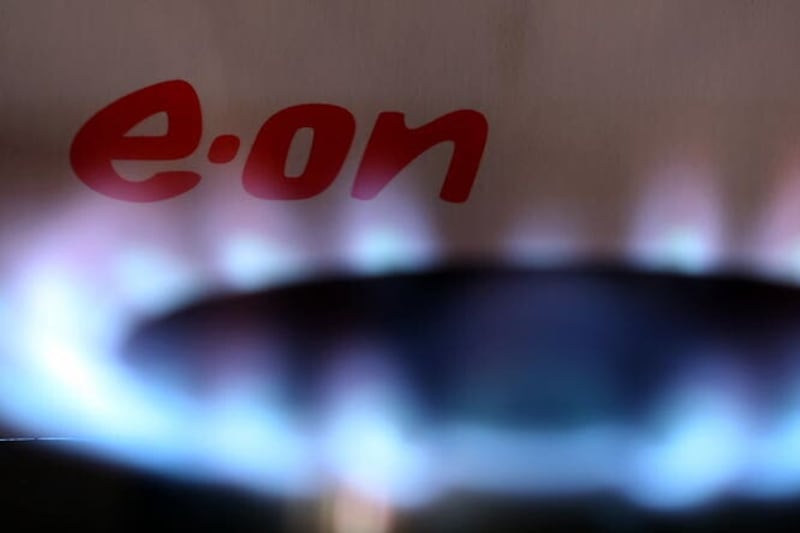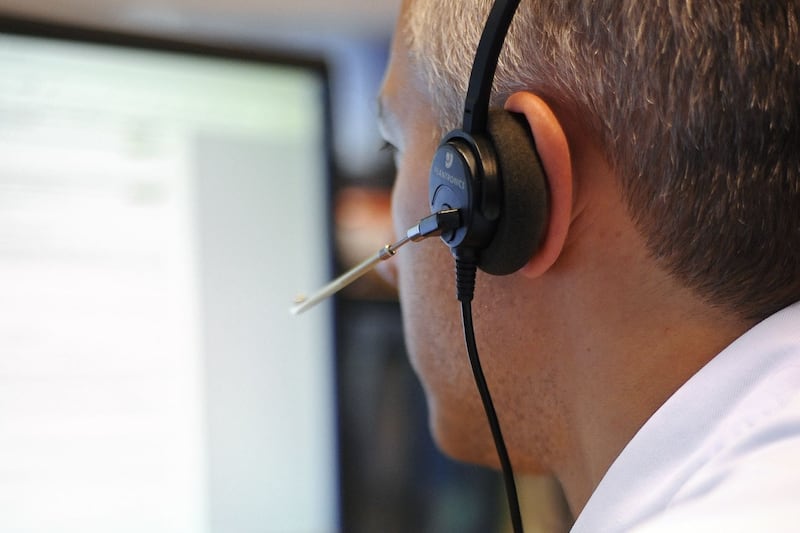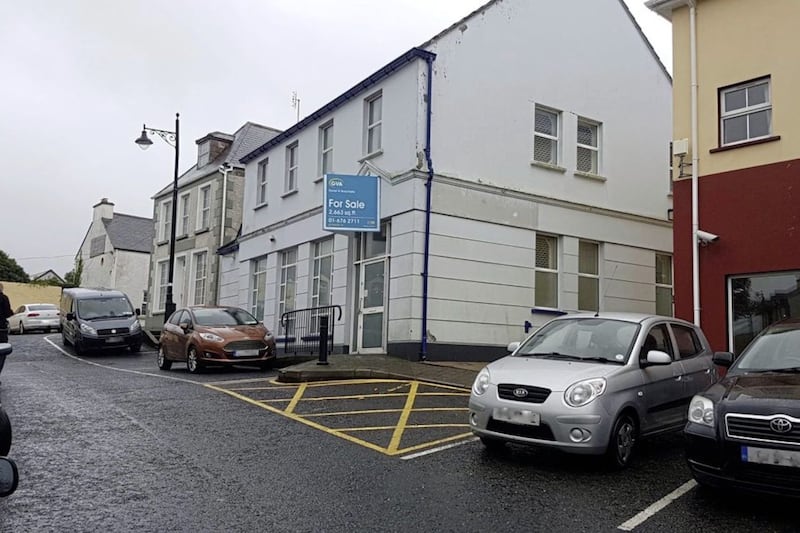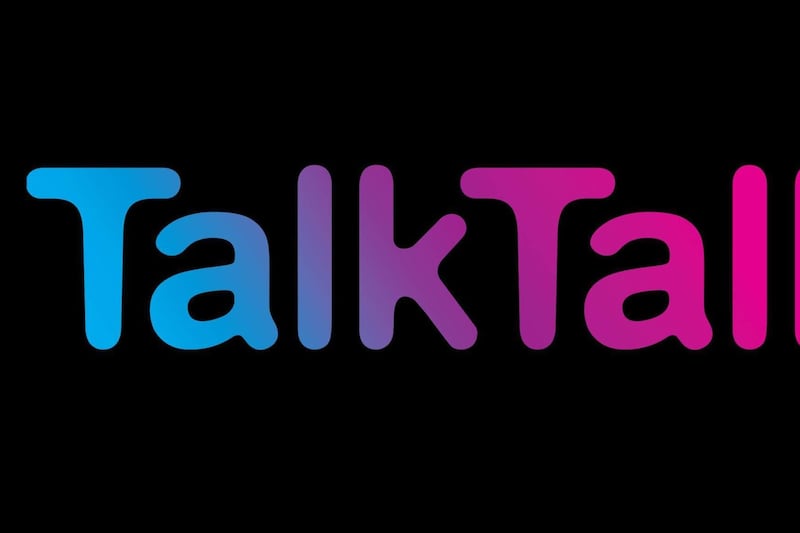Power supplier E.On Next has been ordered to pay £5 million in compensation to more than 500,000 customers for “unacceptable” call services.
Ofgem said a review of customer service standards and complaints-handling across the sector uncovered “severe weaknesses” at E.On Next, with customers facing long call waiting times and a high level of unanswered calls.
Customers were forced to wait on hold for 18 minutes on average, while half of all calls were dropped and failed to contact the supplier, according to Ofgem.
The regulator said E.On Next will pay £4 million to more than 500,000 customers that were potentially affected, working out at £8 each.
It will also pay a further £1 million to Ofgem’s voluntary redress fund, which supports vulnerable energy consumers and other innovation and carbon emission reducing investments.
Cathryn Scott, director for enforcement and emerging issues at Ofgem, said the penalty for E.On Next “shows Ofgem’s determination to stand up for the rights of consumers and drive up standards”.
She said: “The very least that a customer should expect of their supplier is for them to pick up the phone to them in a timely way.
“The levels of service that we discovered at E.On Next during the period of review were unacceptable.
“As the energy regulator, our purpose is to protect energy consumers and this action serves as a reminder to all suppliers that they must ensure that their customers are able to contact them quickly and easily when they need to.
“This is particularly important during this time of volatile energy prices when many households are struggling with their bills.”
E.On Next was told immediately to improve the call response rate following the probe, which took place between October and December last year.
It has since cut call waiting times to less than five minutes and the dropped call rate is now below 10%.
